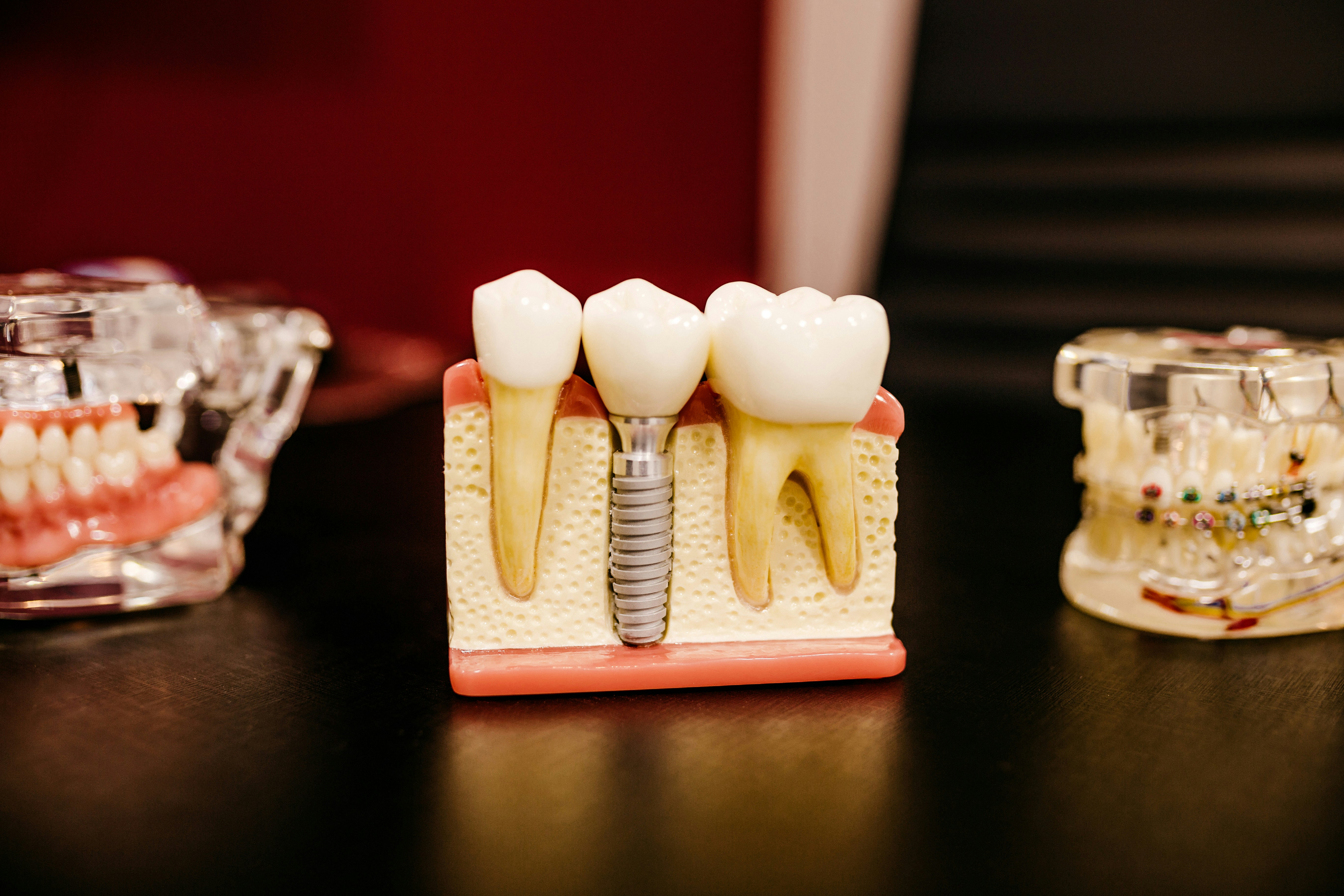Regular medical check-ups for children over the age of five are generally yearly or twice-yearly, depending on the age and health of the child. That being said, it’s important that you go beyond just getting a quick check-up and a physical if you want to give your child the best preventive care. While healthy children don’t typically require many laboratory tests, there are some specialized evaluations that you should ask for, even without symptoms, as the benefits of finding out about any possible conditions can significantly help reduce your child’s problems later in life. If you’re not sure where to start or what to discuss with your pediatrician, here are five health checks recommended for children.
1. Dental Exam

Dental problems are most effectively treated when caught early. Whether it’s braces, a retainer, or filling a cavity before it worsens, you should never put off a trip to the dentist. Dental pain is said to be one of the most severe you can experience, and some infections in the tooth and gums can easily spread to other parts of your body. Timely orofacial pain treatment can make a huge difference in your results when treating a health issue related to your mouth, teeth, or gums. Orofacial pain can also be connected to migraines, headaches, trouble sleeping, neck pain, TMJ, trigeminal neuralgia, trauma, and more. Without a diagnosis or knowing about the type of pain you’re in, it’s impossible to know what’s causing your child’s discomfort due to how many different areas of the body and types of condition can bring about orofacial pain.
2. Full Allergy Panel

Since allergies can vary in severity from mildly annoying to life-threatening, it’s essential that you find out if your child has any to be cautious of as soon as you can. Be aware that skin tests are not typically performed for children under 6 months old and are not as reliable for very young children, so your child’s age may affect the reliability of the results. Still, if you notice any adverse reactions to food, or even if you don’t, an allergy test is crucial for parents learning how to feed their toddler or child and figuring out how to create a safe environment for them to live in.
3. Hemoglobin Levels

A hemoglobin level test is used to detect various types of anemia and is typically performed between 9 and 12 months of age. Anemia is a fairly common condition that occurs when the number of healthy red blood cells in an individual’s bloodstream is too low. If the level is too high, it’s known as polycythemia. Some types of anemia don’t require treatment, but others require medicine, blood transfusions, medications, or even surgery, so it’s preferable to catch the condition early.
4. Hearing Tests

It’s important to schedule a kids hearing test early. The National Institute of Health suggests that the years between infancy to five years of age is a crucial time in children’s language development, which is why caring for your child’s ears is critical. A hearing evaluation or behavioral hearing test can help identify any auditory problems before they cause a significant developmental delay. You can even get a newborn hearing screening for your newborn child, which can determine where additional more specialized testing is required. It’s recommended for children to get a basic hearing test prior to one month of age, so a hearing aid or cochlear implant can be used as early as possible if needed if your child isn’t experiencing normal hearing.
5. Blood Lead Level Test

If you live in an area where the lead level in water is a concern, which is true in many parts of the United States, a blood lead level test is a good idea. High levels of lead in the bloodstream are connected to many different health issues, including problems that can occur later in life. The side effects of lead poisoning include: chronic pain, neurological changes (including predisposition to several learning disabilities), developmental delays (especially in children), and irritability. It also has the potential to be fatal in higher doses. If you have any reason to believe your child might be affected by contaminated water or a contaminated environment, don’t delay getting a blood lead level test so you can take appropriate action.
There are a wide variety of conditions and diseases that children have an elevated risk for, and many others that if diagnosed early can be treated to prevent future health problems. Even if your child isn’t showing symptoms that alarm you, getting basic health screenings and checks at a young age can identify latent health issues or conditions that may be dormant or asymptomatic at the time. There are many more checks and evaluations that pediatricians recommend for young children, so make sure to consult with your doctor, raise your concerns, and make informed decisions together about how to best safeguard your child’s health.

















